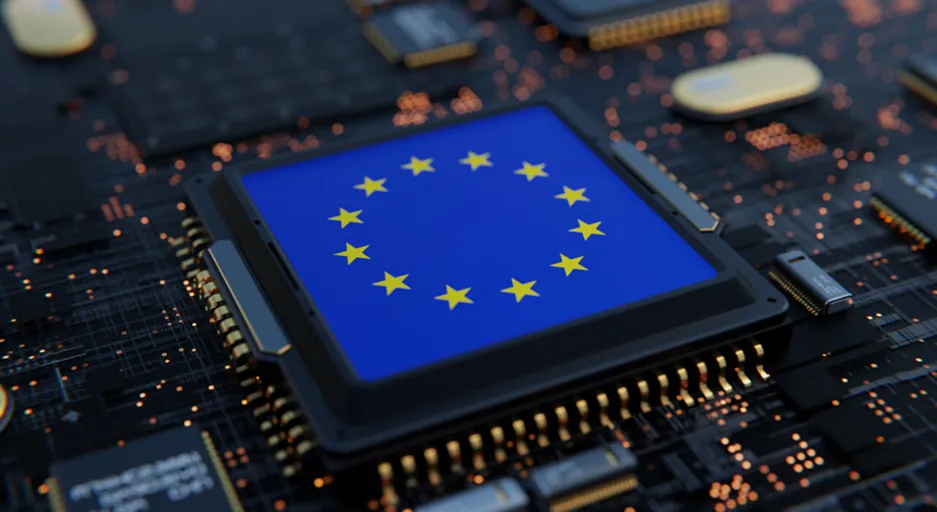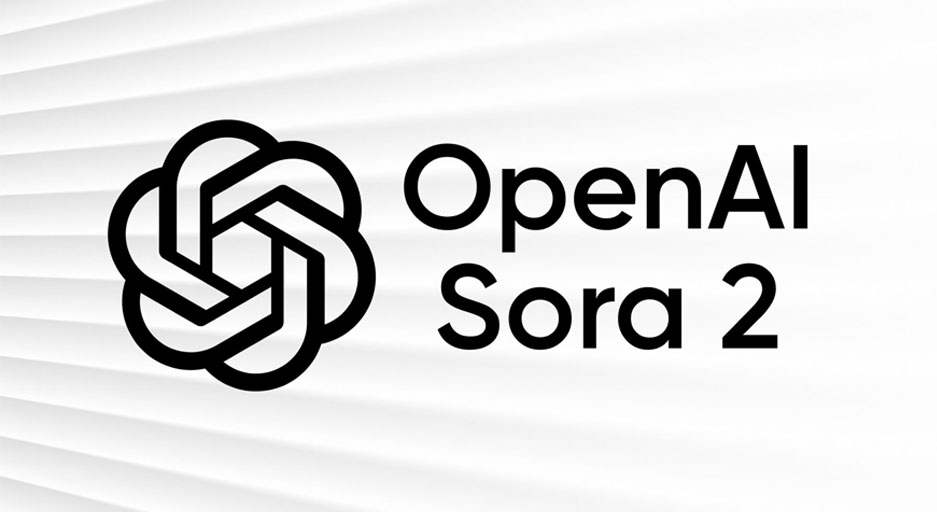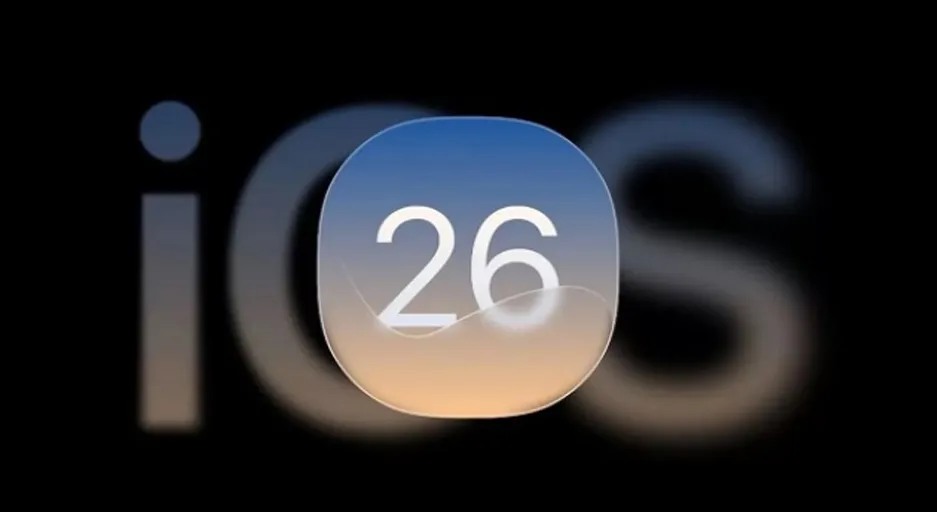The Rise of European Digital Sovereignty: Why Data Control Is Now a Strategic Imperative
European digital sovereignty has emerged as a critical topic in technology and geopolitics, reshaping how businesses and governments approach data management. Driven by privacy concerns, geopolitical shifts, and a desire for local control, this movement is influencing everything from cloud service strategies to national security policies.
This article explores the core concepts of digital sovereignty, the forces behind its rise, and the practical implications for European organizations.

What Is Digital Sovereignty?
At its heart, digital sovereignty is a nation’s or a continent’s ability to control its own digital infrastructure, data, and technology in accordance with its laws and values. It’s about ensuring that critical digital assets are not subject to the jurisdiction or surveillance of foreign governments.
This concept is gaining traction globally, but it has particular urgency in Europe due to a combination of factors:
- Heightened Surveillance Concerns: Laws like the U.S. CLOUD Act have raised alarms. This legislation can compel U.S.-based companies to hand over data to American authorities, regardless of where that data is physically stored. For European companies, this creates a conflict with strict data protection regulations like the GDPR (General Data Protection Regulation).
- Geopolitical Instability: The current climate of geopolitical volatility, as noted by Judson Althoff of Microsoft, underscores the need for “digital stability.” Nations are increasingly wary of relying on technology from countries with competing interests.
- Economic Competitiveness: Europe seeks to foster its own digital economy and reduce its dependence on a handful of dominant, non-European tech giants. This involves promoting local cloud providers, open-source technologies, and data-sharing frameworks that keep economic value within the region.
The Shift in Market Behavior
In response to these concerns, we’re seeing a significant shift in the market. Global tech companies are adapting their offerings to meet Europe’s demand for local control, while European companies and governments are taking proactive measures to safeguard their data.
For example, Microsoft recently launched a new suite of “Sovereign Cloud solutions” designed to keep European customer data stored and processed exclusively within the EU. This strategic move shows that even major U.S. players recognize the need to provide assurances that align with European regulations and values.
However, this isn’t just about large-scale providers. European organizations are also actively seeking alternatives. The municipality of Aarhus in Denmark, for instance, has announced plans to phase out Microsoft products, and German government agencies are committing to open-source data formats and local cloud infrastructure.
This trend is also reflected in the private sector. Research from cloud computing service supplier Civo found that 83% of UK-based IT decision-makers are concerned about data sovereignty, with 61% now considering it a strategic priority. This concern is translating into action, with more than half of surveyed organizations having already implemented a digital migration strategy in the last year.
Beyond Storage: The Role of Cybersecurity and Trust
While data storage location is a key component, true digital sovereignty requires a holistic approach that includes robust cybersecurity. As Casper Klynge, vice-president at Zscaler, points out, “It’s absurd to talk about digital sovereignty without cybersecurity.”
This means that organizations must not only control where their data resides but also protect it from unauthorized access—whether from criminal networks or foreign governments. Cybersecurity solutions that are built on principles of privacy and control by default are becoming essential for building a sovereign digital ecosystem.
The conversation is shifting from a simple question of “where is my data?” to a more complex one: “Who has control over my data, and can I trust them to protect it?” This is a crucial distinction. For an American company like Zscaler, this means proving to European customers that its services empower them with full control and protection, even against potential government access requests.
The Path Forward
The path to full digital sovereignty is complex, but the momentum is undeniable. Organizations across Europe are no longer seeing this as an abstract concept but as a tangible risk that could lead to regulatory exposure, business disruption, and data loss.
The growing market for sovereign solutions presents a clear opportunity for tech companies—both European and global—that can provide the security, transparency, and localized control that European customers demand. The companies that succeed will be those that can not only store data locally but also build trust by demonstrating an unwavering commitment to European laws and values.
Do you think digital sovereignty will lead to a more fragmented internet, or will it push tech companies to develop better, more trustworthy solutions for everyone?
About the author : koosha Mostofi
I’m Koosha Mostofi — a multidisciplinary media creator, full-stack developer, and automation engineer, currently based in Tbilisi, Georgia. With more than two decades of professional experience, I’ve been fortunate to work at the crossroads of technology and creativity, delivering real-world solutions that are both visually engaging and technically robust.














